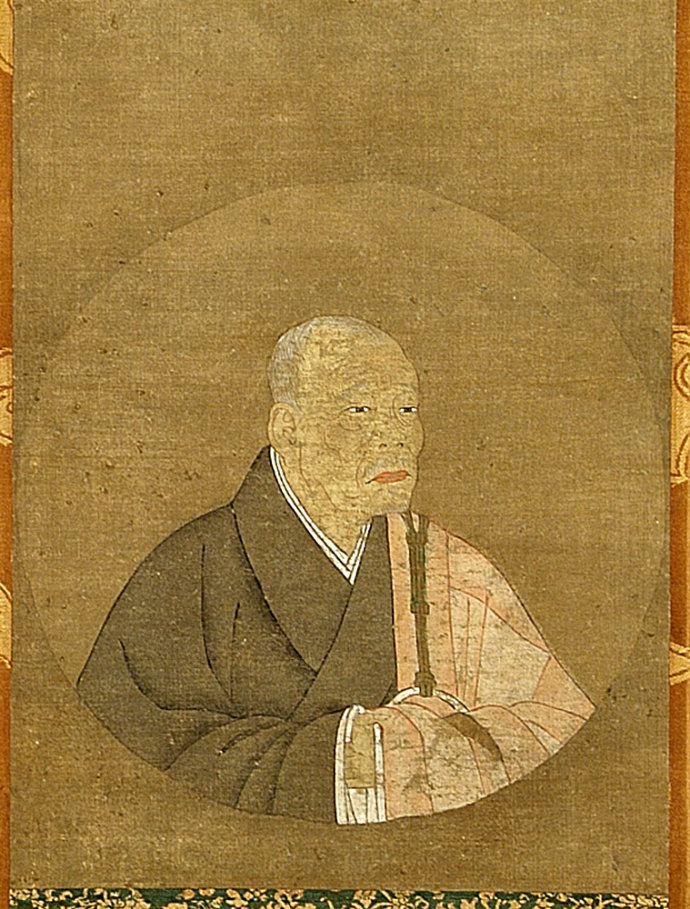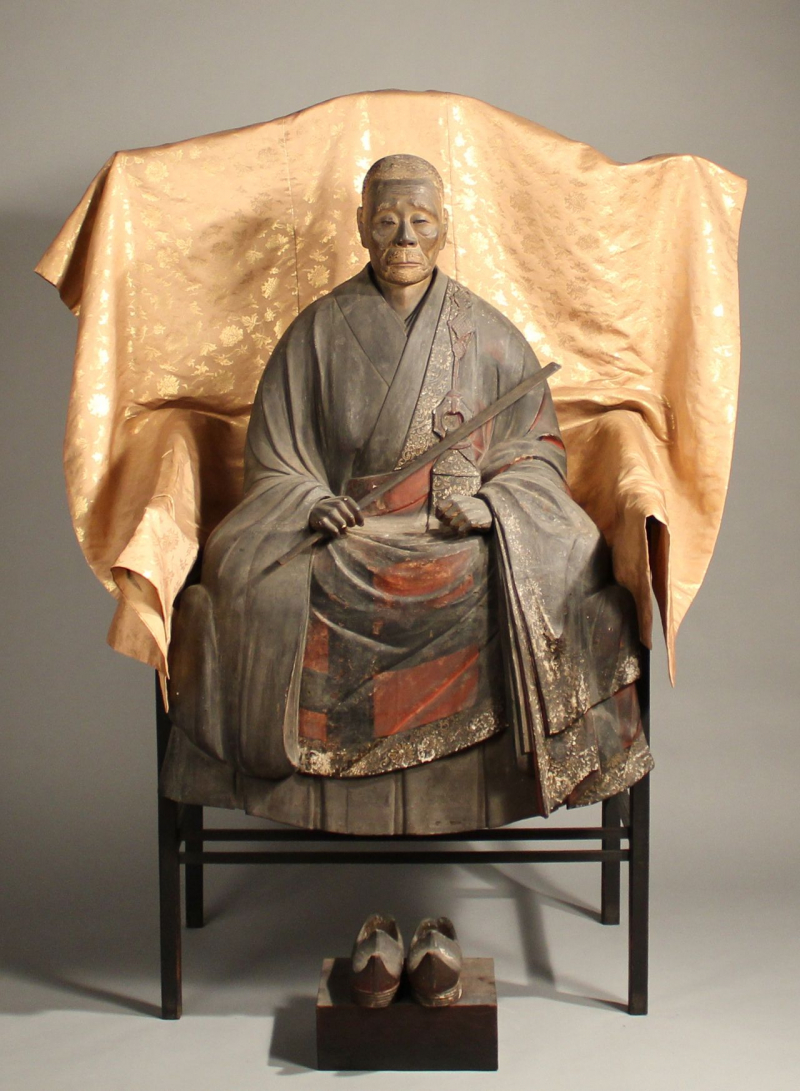Ikkyu
Ikkyū (一休宗純, Ikkyū Sōjun, 1394-1481) was a controversial Japanese Zen Buddhist monk and poet. He had a significant impact on the infusion of Zen attitudes and ideals into Japanese art and literature, as well as on Zen itself, frequently breaking religious taboos with his stance against celibacy.
Ikkyū is one of Zen history's most important (and eccentric) figures. He is a folk hero to Japanese children, mischievous and always outwitting his teachers and the shōgun. This is due, in addition to oral stories, to the extremely popular animated TV series Ikkyū-san.
He is both a heretic and a saint in the Rinzai Zen tradition. He was one of the few Zen priests who addressed sexuality in a religious context, and he stood out for arguing that love and sex, including lovers, prostitutes, and monastic homosexuality, deepened enlightenment. He believed that sex was a natural part of human nature, making it purer than hypocritical organizations and worldly pursuits. Simultaneously, he warned Zen against its own bureaucratic politicization.
As one of the most famous flute player mendicants of medieval Japan, he is usually referred to as one of the main influences on the Fuke sect of Rinzai zen. He is credited with the composition "Murasaki Reibo." He is regarded as one of the most important influences on the Japanese tea ceremony, as well as one of the greatest calligraphers and sumi-e artists of medieval Japan.
Ikkyū wrote in Kanbun-style classical Chinese, a style popular among contemporary Japanese authors.












